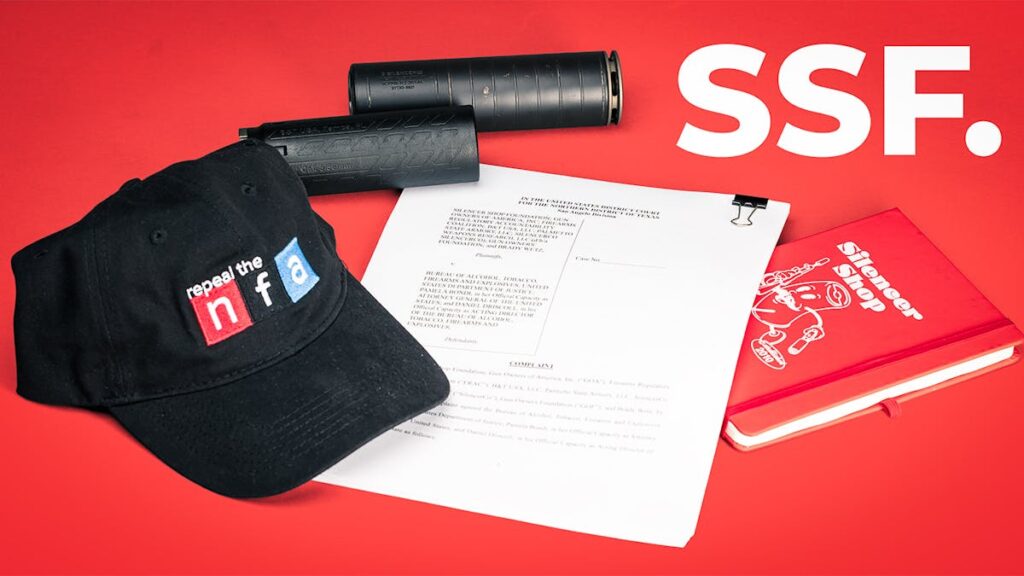In what could become a watershed moment for Second Amendment rights, a coalition of pro-gun organizations has launched a legal challenge against long-standing federal regulations on firearm suppressors and short-barreled weapons. The lawsuit, which some observers are calling historic, aims to dismantle key provisions of the 1934 National Firearms Act (NFA).
As this old Texas newsman has seen time and again, the devil is often in the details of legislation. The case hinges on a recent change in the Big Beautiful Bill that eliminates the $200 federal tax on suppressors and certain firearms beginning in 2026. That may sound like small potatoes to some, but it could upend nearly 90 years of federal gun regulations.
The plaintiffs argue that once this tax vanishes into the sunset like a West Texas evening, the government loses its constitutional authority to maintain registries of these firearms and accessories. It’s as simple as connecting dots on a prairie map – no tax means no justification for the registration system that’s been in place since FDR’s administration.
“For nearly a century, Americans have had to jump through more hoops than a circus performer just to protect their hearing while shooting,” says one industry leader involved in the suit. The frustration in his voice reminds me of conversations with ranchers dealing with federal grazing regulations – the rules may have made sense once, but times and circumstances change.
The lawsuit specifically targets restrictions on suppressors (often called silencers), short-barreled rifles, and a catch-all category known as “any other weapon.” These items have been strictly regulated since the Depression era, requiring extensive paperwork, long waiting periods, and that $200 tax stamp that’s soon to be history.
What makes this case particularly noteworthy is its timing. With the tax elimination already signed into law, the plaintiffs argue that the federal government’s authority to maintain these restrictions is about as stable as a tumbleweed in a tornado. They’re not just seeking to eliminate the registration requirements – they’re aiming to fundamentally reshape how these firearms and accessories are regulated at the federal level.
The implications could be far-reaching. If successful, this challenge could remove significant barriers that many law-abiding citizens face when attempting to exercise their Second Amendment rights. It’s worth noting that in many European countries, suppressors are considered safety equipment and are readily available over the counter.
As this story develops, one thing is certain: the outcome will echo through courthouse corridors from Washington to Austin, potentially reshaping American gun rights for generations to come. And that’s the way it is.


